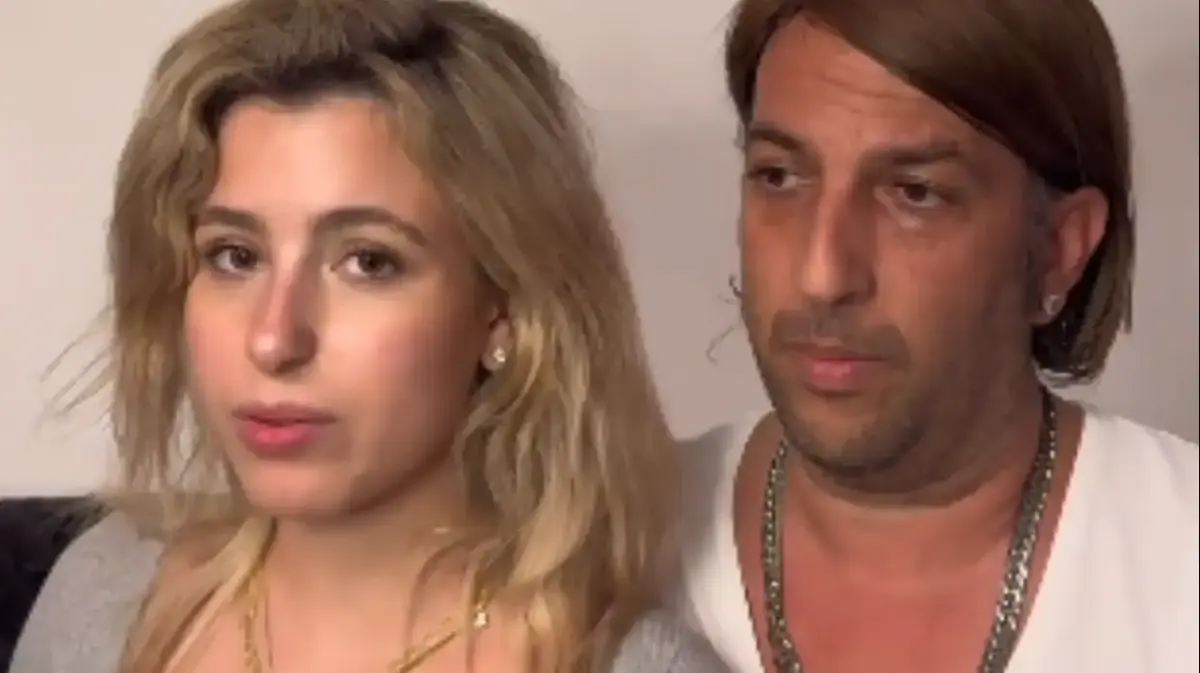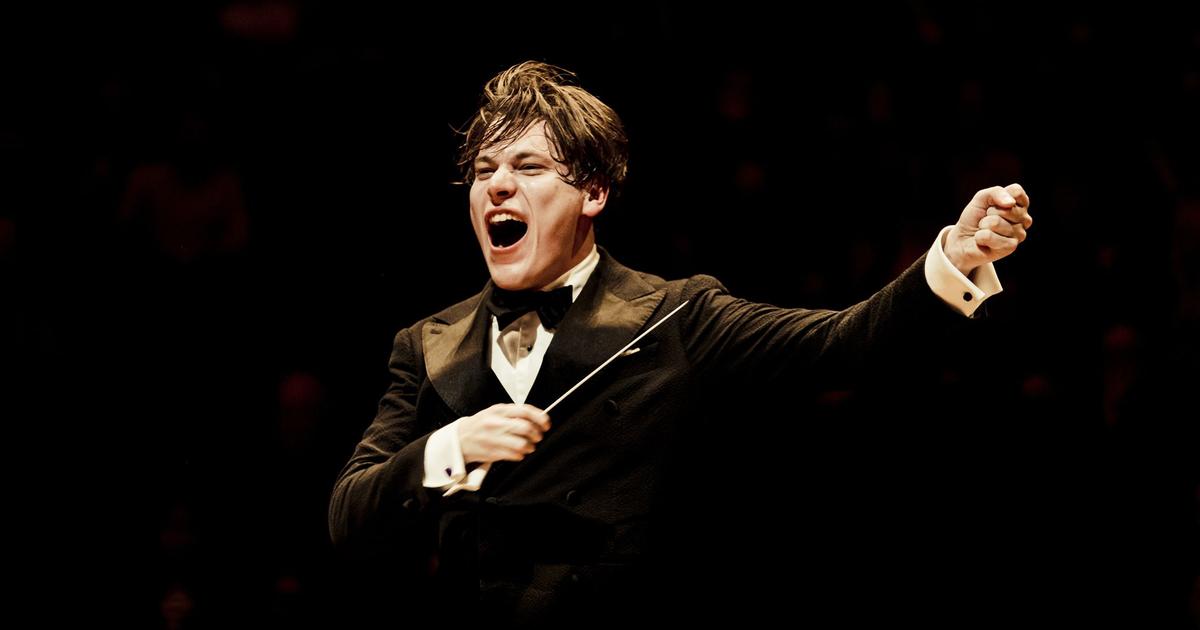Everything is prepared for the celebration of Julia's birthday.
Seven years now!
His parents have set up a space in the park to celebrate it together with friends, parents of friends, relatives, etc.
The afternoon has been fun, she has not stopped jumping, running, jumping ... The time is coming to blow out the candles and open the gifts ... Close to her, her little brother, four years old, prowls around.
He can't wait to see his gift… Suddenly: That's the racket!
Diego!
-they scold him-, it was a secret… According to the Dictionary of the Spanish Language of the Royal Spanish Academy, “secret” is as a noun;
"Thing that is carefully kept reserved and hidden", and "hidden, ignored, hidden and separated from the sight or knowledge of others", as an adjective.
More information
This is how the birth order influences the personality of your children
This is the age at which your child should leave the house alone
José Ignacio Navarro, Professor of Psychology at the University of Cádiz (UCA), explains that keeping a secret “is related to a phenomenon that in developmental psychology is called the Theory of Mind; that is, attributing that other people also have minds like us. With this aptitude one is not born, but is acquired through experience ”. The professor of psychology at the UCA maintains that when that faculty is achieved, attributing mind to others, “the child is already capable of understanding a joke, irony to some degree, understanding the lie and being able to lie because, ultimately, as it happens with secrets, when humans lie -and we are skilled at doing it-, we understand that the mind of the other person is incapable of being able to realize that we are cheating, because otherwise, we would not lie ”. In your opinion,"If that Theory did not exist, that very important cognitive capacity, probably, we would not understand jokes, or jokes, and, of course, keeping a secret would be very difficult."
For her part, Silvia Guerrero Moreno, professor of Evolutionary and Educational Psychology at the Toledo Faculty of Education, University of Castilla-La Mancha, and advisor at the “Mayrit Escuela Activa” school, maintains that in order to understand what is A secret must be understood that there are points of view different from one's own; In other words, what I know does not have to be known to other people. This ability, far from being present from the beginning of life, is a conquest of thought that occurs between 3 and a half years and 5 years. At these ages it is difficult to put oneself in the place of the other, says this teacher. children “also find it difficult to understand the repercussions of their actions on the emotions of others. For example,3-year-old children can openly express that the gift they have just received they do not like at all, while when they are older they learn to hide the negative emotions they may feel when receiving a gift that they did not want ”. For this reason, Silvia Guerrero Moreno continues, “advancing in these skills goes hand in hand with understanding what secrets are. Understanding the secrets implies not only knowing how to “keep” information, but also understanding the social consequences that disclosing it would imply. The world of secrets is therefore very complex ”.Understanding the secrets implies not only knowing how to “keep” information, but also understanding the social consequences that disclosing it would imply. The world of secrets is therefore very complex ”.Understanding the secrets implies not only knowing how to “keep” information, but also understanding the social consequences that disclosing it would imply. The world of secrets is therefore very complex ”.
In childhood, in the first place, one begins with understanding the social norm that secrets must be kept, even if they do not quite understand why. According to Silvia Guerrero Moreno, “they understand, therefore, from a rudimentary level, the key element of secrets -information that should not be disclosed-, but the inability to put themselves in the other's point of view, as well as not being able to handle the social consequences of revealing the secret, lead you to make
mistakes
”. It is not until around the age of six that children understand the world of secrets, their importance in social relationships, in a more effective way. “From this age they understand that keeping secrets is a fundamental part of social relationships, that the more intimate your relationship with the other, the more valuable secrets have, and that the repercussions in case of breaking the tacit pact not to reveal them they can be negative. In this sense, as their cognitive development progresses, they understand that secrets have more value because of the weight they have in social relationships than because of the information they contain ”, says the Professor of Evolutionary and Educational Psychology at the Toledo Faculty of Education.
Cristina Velasco Vega, doctor in psychology and professor of psychology in the Degree of Psychology at CEU San Pablo University, comments that “from late childhood and adolescence there is a need to keep secrets from parents; In other words, out of a desire to reaffirm himself in his personality, he does not tell them everything and that is normal. It is important not to try to want to know everything about your teenager. With the passage of time it will mature and tell everything that it considers should be told ”. The doctor in psychology from CEU San Pablo maintains that in adulthood “the normal thing is to have established moral principles that mean that if someone tells you something and does not want you to tell it, you respect it. You have the ability to keep a secret. Having secrets gives us power; that is why some people reveal the secrets of others.In the end, it is like a mechanism to show that they have information, that they have power ... There, not only cognitive abilities come into play, but also affective states; for example, I feel more accepted in the group if I reveal the secrets of other friends ”.
The professor of psychology at the UCA believes that it is necessary, at an early age, to learn to discriminate between things that are worth keeping as a secret and those that are not. Although, continues the professor, “secrets must have a limit. For example, in the case of sexual abuse that a child may be receiving. The adult who abuses you is telling you that you have to keep a secret and not tell anyone ... You have to teach them that there are limits to keeping a secret that are related to the dignity, security and freedom of the individual ”.
The family is the ideal space to educate in the handling and management of secrets. According to Cristina Velasco Vega “all families have secrets, issues that only family members know. The problem or pathology arises when some members of the family know something and others do not. Having secrets in the family environment can lead, among others, to communication problems: they favor isolation, lack of understanding, hinder the maturity of family members and the acceptance of family history ”. This PhD in Psychology believes that “two things are essential to manage secrets in the family environment; the first is to educate in privacy and in the value of keeping a secret for the good of others or oneself. It is healthy that there are things that only belong to "our family." And the second,educating in trust, that is, being open to listening and unconditional acceptance of the other will allow parents to be a refuge for their children and thus they can share secrets about their life, their personal and social situation. If at home we show the value of privacy and trust to our children, they will feel loved and will not have to hide anything important from their parents. Our children must know that their secrets will never be told. "They will feel loved and will have no need to hide anything important from their parents. Our children must know that their secrets will never be told. "They will feel loved and will have no need to hide anything important from their parents. Our children must know that their secrets will never be told. "
You can follow De mamas & de papas on
,
or sign up here to receive
our weekly newsletter
.


/cloudfront-eu-central-1.images.arcpublishing.com/prisa/YU6JYS64KNDZNHHGXA3QMTYNGY.jpg)





/cloudfront-eu-central-1.images.arcpublishing.com/prisa/VQTU76CCQRCCFMIRCRGOSKM7UQ.jpg)
